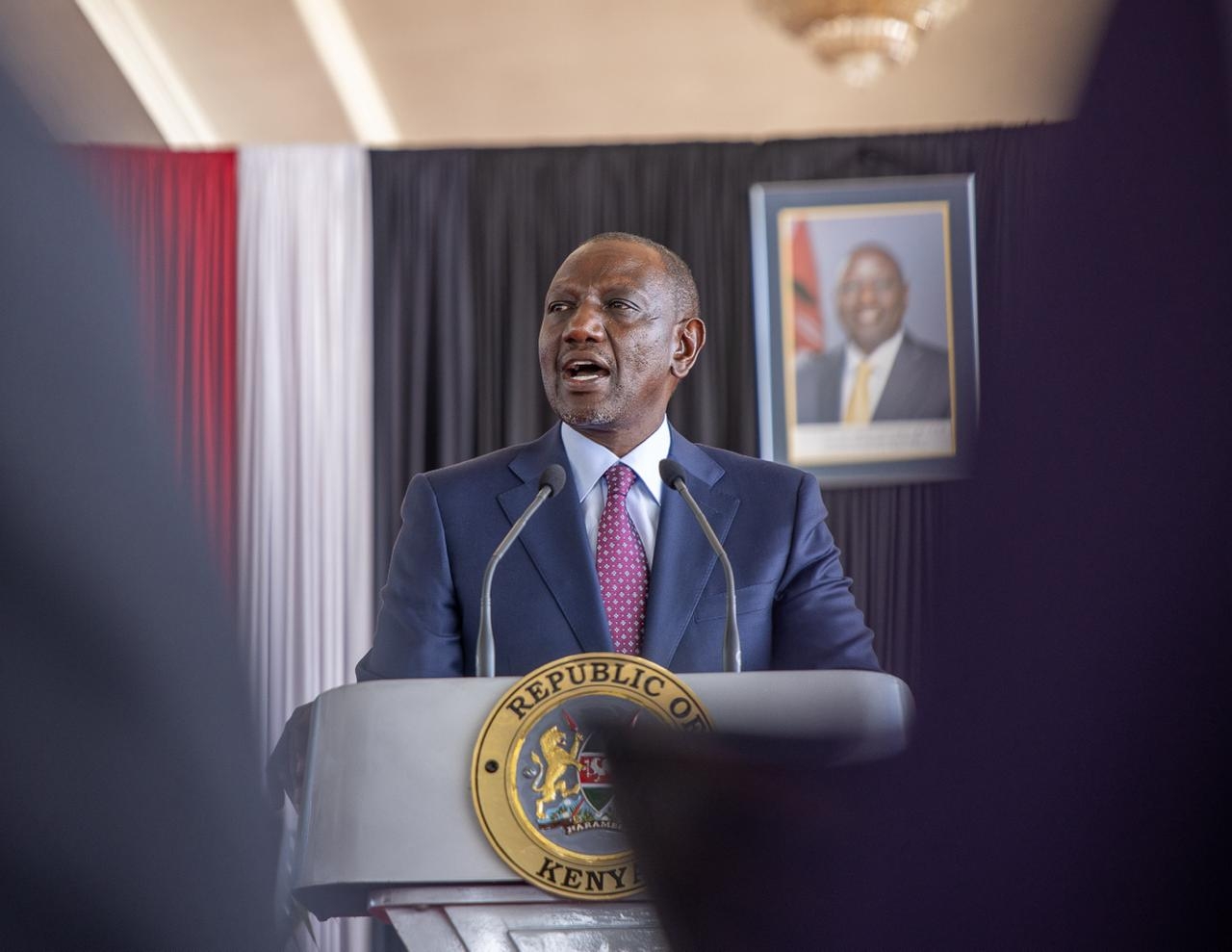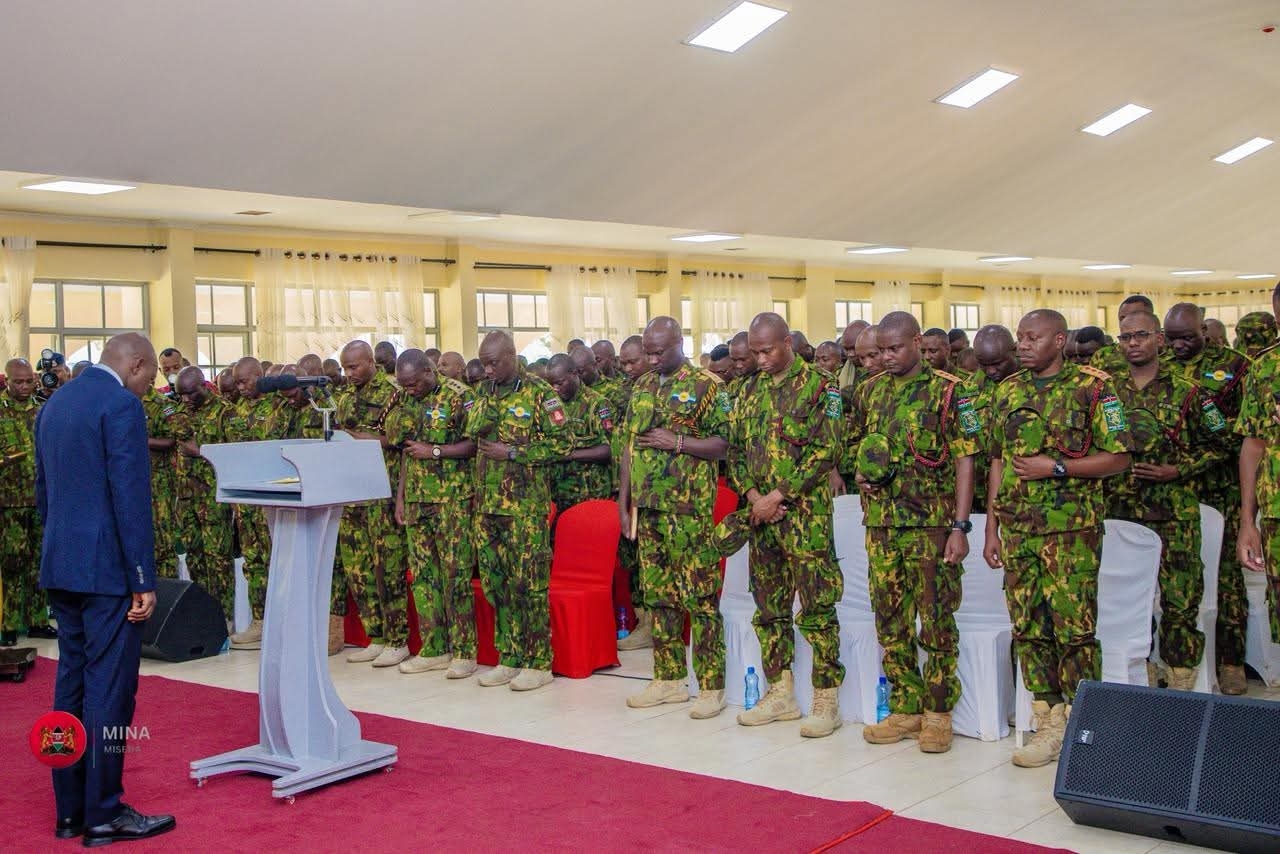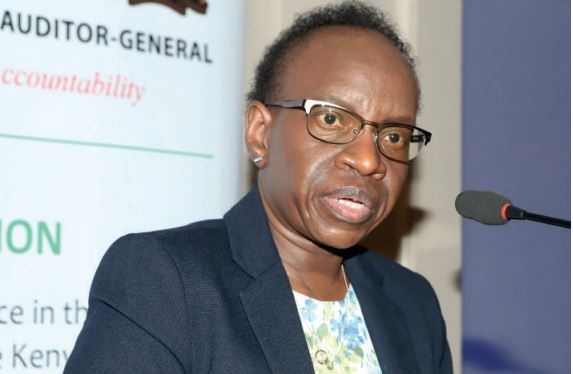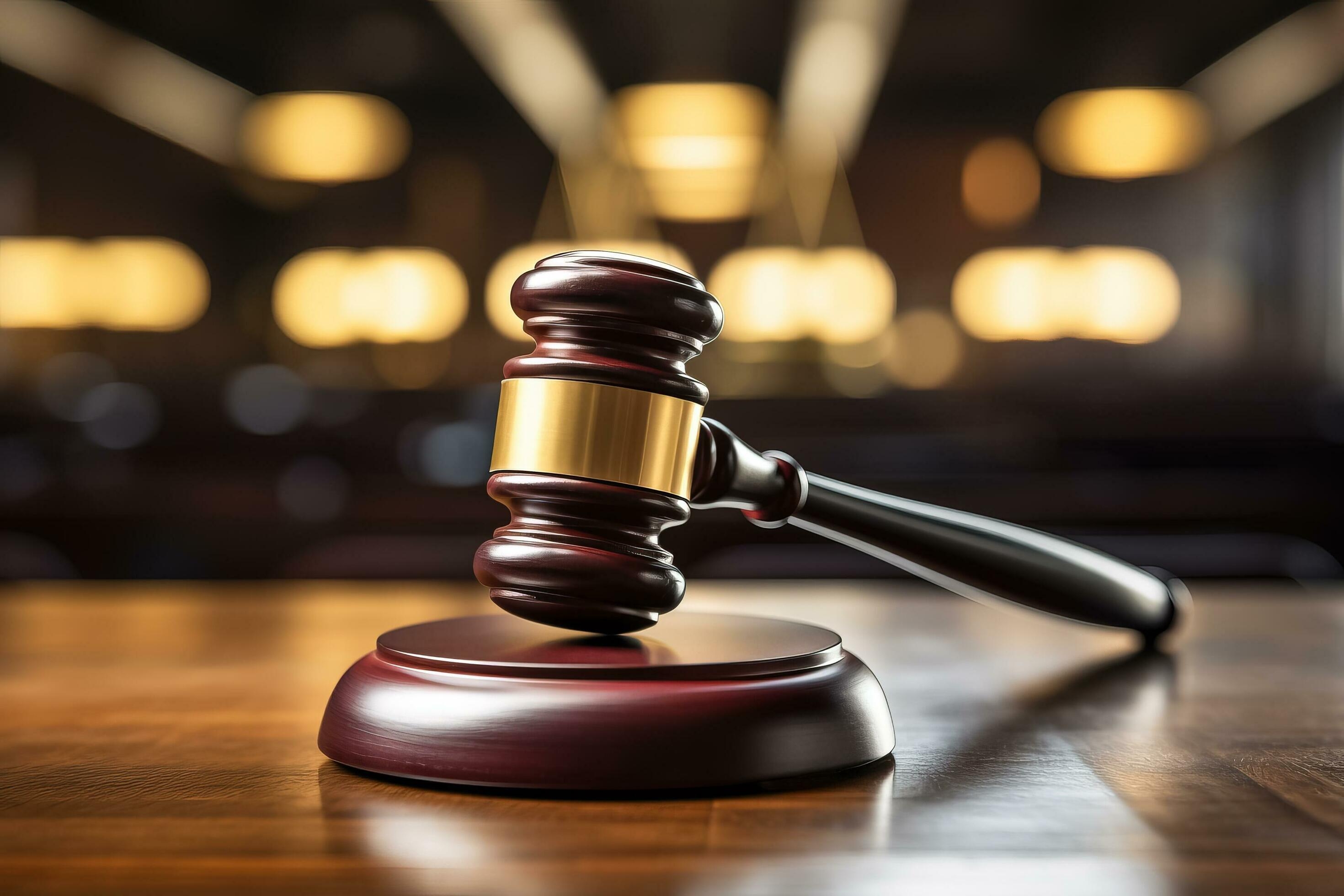
 Media Council Deputy Chief Executive Officer Victor Bwire/FILE
Media Council Deputy Chief Executive Officer Victor Bwire/FILE
The most consistent statement in media sustainability discussions is that while content is the king and professionalism the queen, this remains mere words if the rights and privileges of journalists remain nonpriority issues in the media sector.
The sector will continue to be a laughingstock within other sectors that
command authority and respect, even as it remains the most trusted and
influential in shaping discussions on national issues, because even with
the knowledge it boasts of, it is the most mismanaged and always in trial mood
in running its affairs.
Investors and media managers have created some extraordinary conditions in the sector, reducing highly trained professionals and experienced journalists to the status of casual, pushed to the brink, living a day at a time.
The pressure and frustrations of being a journalist in Kenya, as elsewhere, is so much that the mental health and by extension, social wellness of those in the media industry are clearly marked on their eyes, while the investors in the industry continue managing it as an extractive industry—getting money from the industry and investing in other sectors.
While recent efforts enhancing the protection of journalists have focused more on the physical and digital safety, the most silent killer, given the working conditions, is the social and psychological safety of journalists, which is a critical issue in discourses on press freedom in Kenya and is rarely prioritised.
In responding to the increasing safety concerns for journalists reporting from hostile environments and deteriorating social wellness challenges, some media houses and media support groups have done well, including offering trainings for the journalists, offering trauma counselling services, purchasing insurance covers for the reporters, securing bulletproof vests and helmets, and, in the extreme cases, embedding their journalists with the security forces. Still, some aspects of safety have been ignored, especially the psychological support.
The strides made on the physical protection front for the journalists in hostile environments need to be supplemented with trauma debriefing sessions for the journalists involved. This would be psychological counselling sessions for such journalists with the aim of equipping them with skills of handling themselves when covering traumatic stories.
The anger, frustration, despair, absentmindedness, anxiety, bitterness, and feelings of not being appreciated by their employers presented by journalists across several forums are not signs of a person who can be productive as required within that statement of media sustainability will depend on content being the king as professionalism remains the queen.
Journalists experience and respond to mental health issues determined by age; working experience; individual personality; workplace support mechanisms; and other underlying issues. Many for example have disclosed they have resorted to alcohol and drug abuse; having multiple sexual partners; among others on realising that no one was interested with his feelings at the workplace.
Other reasons for mental health issues include a lack of formal contracting, which sees many workers with uncertainty regarding the terms of the contract, especially the terms of payment (they complained that payments are often delayed for long periods of time, M-pesa payments without the transaction fee).
Journalists go to dangerous areas seeking stories or deal with dangerous sources, which makes them feel insecure, anxious, and very bitter towards their employers, as they are always predisposed to danger.
Whenever injured or when reporting cases of loss of equipment, they are forced to pay for the lost items, and those injured are abandoned.
Inadequate briefings before, during, and after high-risk assignments by seniors that seems them face unexpected danger and hostility and even in such cases, they are victimised for failure to file stories.
Poor field facilitation leads to low motivation and feeling inferior as they are forced to seek lifts and meals.
One journalist narrated a harrowing ordeal during one of his assignments when the vehicle battery went off, prompting him and his colleague to take off on foot in unfamiliar terrain until they were saved by kind villagers.
During sessions with journalists, many show signs such as re-experiencing traumatic events; avoiding and/or numbing; hypervigilance or lack of interest in their surroundings.
Some journalists complain of sleep disturbances; lack of appetite; changes in lifestyle, like staying out late to avoid reaching the house early; outbursts of anger; lack of interest in work and other life activities; self-blame; depression; loneliness; and feelings of lack of appreciation.
The sight of dead bodies, injured colleagues, and groaning survivors leaves a lot of traumatic feelings amongst the journalists.
Several of them miss bullets or miss injuries narrowly. To most, the sight of dead bodies was frightening at first, but it became a norm due to exposure to similar situations.
Indeed, a few of them say they experience flashbacks especially when they hear sounds like tire bursting, smell roasted meat or see events that remind them of the traumatic experiences they have encountered.
The three most noticed trauma types suffered by journalists are vicarious, cumulative, and incidental trauma.
Many times, journalists suffer from such reactions through engaging in sexual activities, drinking alcohol excessively, seclusion, and snapping out on people, even their bosses.
Doctors have severally indicated that lack of addressing them may lead to burning out and finally post-traumatic stress disorder.
Once this happens, the productivity of the affected journalists goes down; they suffer psychologically and many times are relieved of their duties.
We need to relook at and prioritise the issue of the mental health of journalists as employers and, through partnerships, mainstream mental health sessions for journalists in the media sector investments.
Such sessions would provide the journalists with to overcome trauma, explore effects experienced, and regulate any symptom developed from the event and provide skills and knowledge to deal with traumatic experiences as journalists while in the field.
















